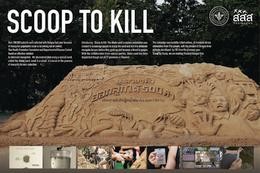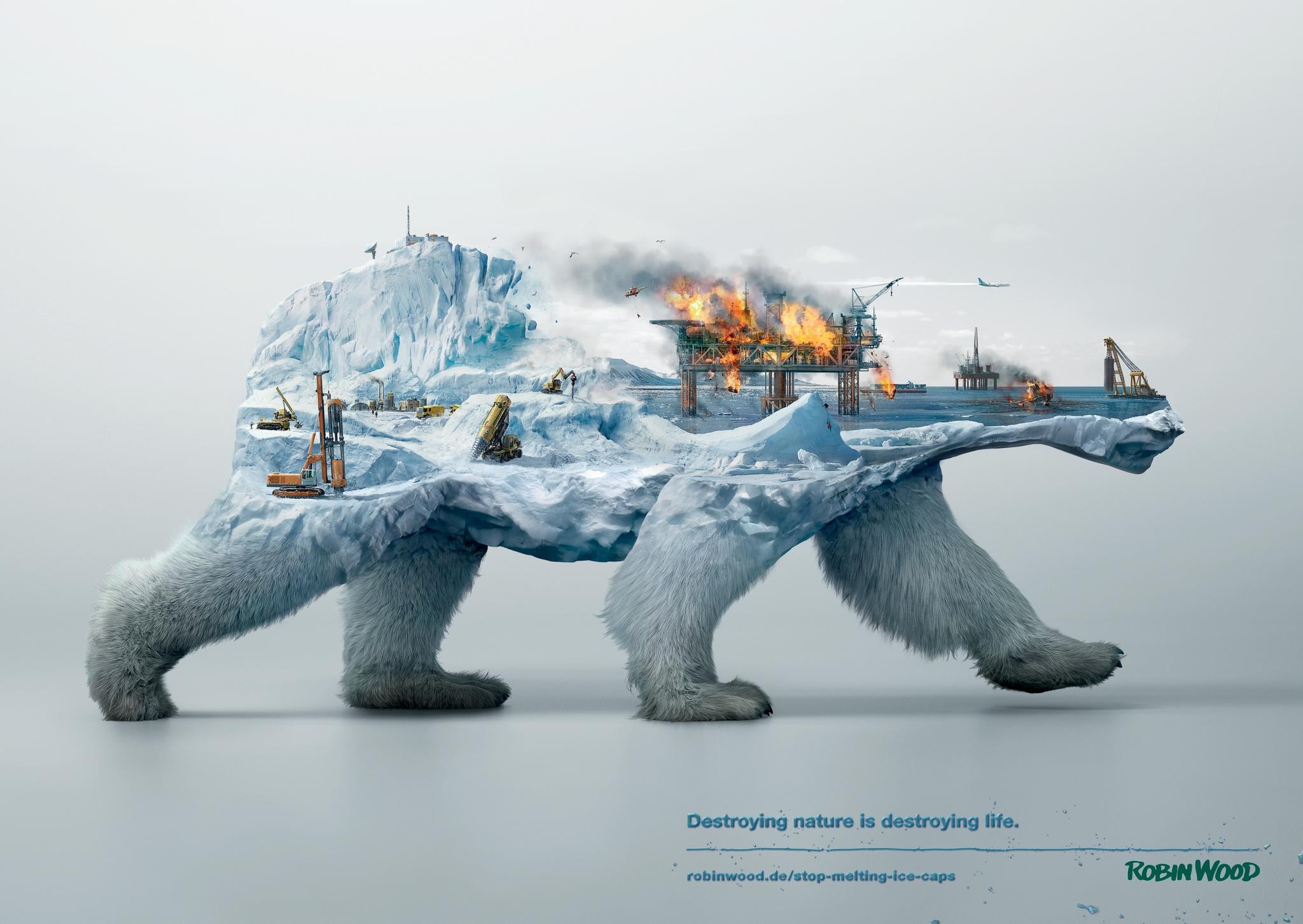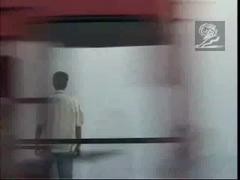Cannes Lions
Human Check
OGILVY, Bangkok / PETA / 2021

Overview
Entries
Credits
OVERVIEW
Background
Every day, more than 4,500 cows are butchered, their skin ripped off to make furniture. More than 6,000 wolves are killed and skinned to make fur clothing. And more than 80,000 rabbits suffer cruel animal testing practices in the cosmetics industry. Of these prevalent, inhumane practices, PETA receives a mere 10,000 reports of animal cruelty from various industries, the most notorious being furniture, clothing, and cosmetics. Despite its continued efforts to raise awareness of animal cruelty, most everyday consumers are oblivious to the torture inflicted during production processes.
In this dire situation, the brief is to make consumers aware of the inhumane practices that happen behind closed doors and stop supporting products associated with animal testing and cruelty. The desired result is for consumers to do some action that shows their withdrawal of support for these products.
Idea
However, instead of asking users to find street signs, the image shown is one of animal cruelty practices. Users are asked to identify pictures with animal cruelty in them, upon which they will then see the messages such as, ‘Hey Human, millions of animals are brutally exploited every day to make leather goods for you. If you feel something, stop supporting products that are derived from animal cruelty.’ These shocking images are meant to provoke people to realize that what is happening is incredibly inhumane. If they have any sense if humanity left in them, they should stop supporting products associated with animal cruelty.
Strategy
‘The Human Check’ capitalizes on a mechanism that is native to various websites—the CAPTCHA test. Users are already familiar with the call-to-action whenever they see CAPTCHA, which is to prove that they are human by selecting the correct images. Upon changing the normally mundane images to one of animal cruelty, unsuspecting users are doubly provoked into considering the serious issue at hand, that currently, under their very noses, animals are being subject to severe torture in various production processes. The target audience, everyday consumers who are unaware of the inhumane practices inflicted on animals in various industries, are called on to make a stand as they select the images with animal cruelty that they see.
Execution
The execution of ‘The Human Check’ involves shocking images from three of the industries most notorious for animal cruelty practices, including furniture, clothing, and cosmetics. For scale, ‘The Human Check’ was placed on various partner and other websites for free, including PETA’s own Instagram and Facebook. The effect of these images is even more provocative as users will encounter them as they are doing normal activities online, such as shopping for food or cosmetics.
Outcome
Starting with those initial clicks where users had to identify images with animal cruelty, ‘The Human Check’ helped raise awareness amongst everyday consumers that many industrial production processes inflicted inhumane practices on animals daily. Furthermore, users were also provoked to realize that they can do something about it—stop supporting products associated with animal cruelty. More importantly, ‘The Human Check’ reminded people that as humans, they should find it in themselves to have compassion and stop cruelty for all sentient beings.
Similar Campaigns
12 items







